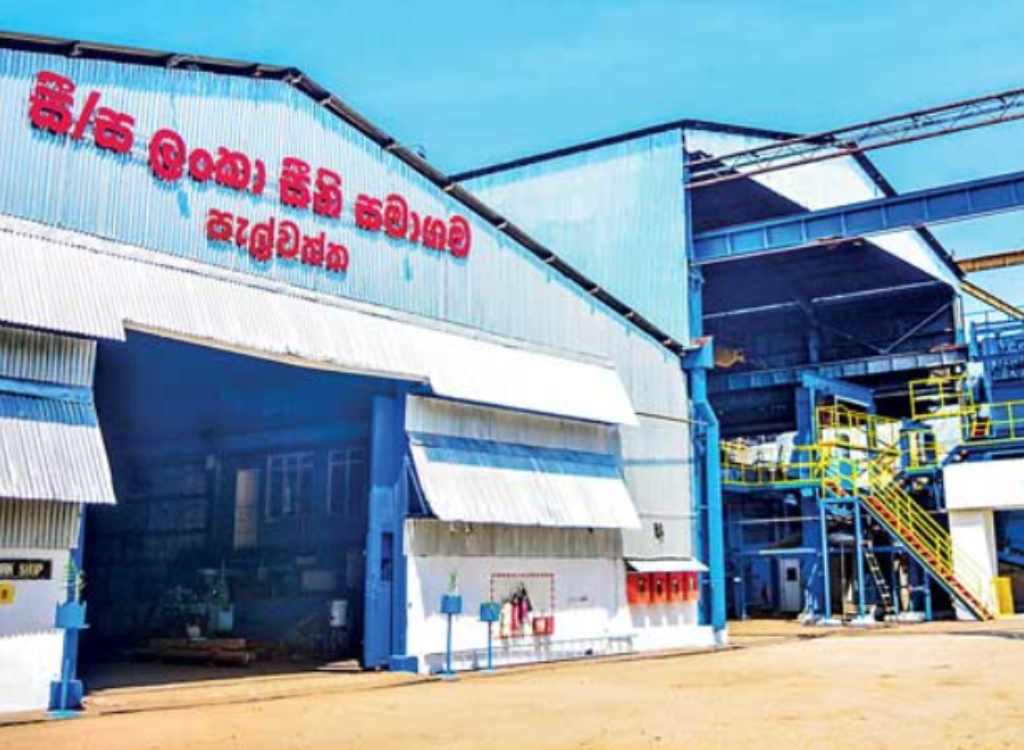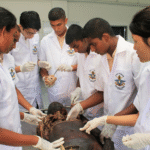The Sevanagala and Pelwatte sugar factories, operated under the Lanka Sugar Company (Pvt) Ltd., are reportedly incurring substantial losses of approximately Rs. 50 for every kilogram of brown sugar produced, raising serious concerns about the viability of domestic sugar manufacturing under current economic conditions.
According to internal sources with direct knowledge of operations, the cost of producing a kilogram of brown sugar at these state-owned facilities ranges between Rs. 286 and Rs. 290.
However, prevailing market prices for the same product remain significantly lower, hovering between Rs. 235 and Rs. 240 per kilo—well below the production threshold.
The resulting gap between production cost and market price has left the two factories grappling with growing financial deficits.
Industry insiders point to several compounding factors, chief among them the 18% Value-Added Tax (VAT) now levied on locally manufactured sugar, which has significantly eroded profit margins.
Adding to the burden is a recent drop in ethanol prices, a key byproduct of sugar production that previously helped to offset operational costs. With that buffer now diminished, revenue streams have tightened considerably.
Moreover, a general decline in domestic sugar consumption has further depressed sales figures, exacerbating the financial strain on both Sevanagala and Pelwatte.
“The current pricing structure and tax regime are simply not sustainable. Without swift policy intervention, the long-term survival of these factories could be at serious risk,” an industry source familiar with the matter said.
The situation underscores broader challenges facing Sri Lanka’s sugar sector, which has long struggled to compete with cheaper imports and fluctuating global commodity prices.
As losses continue to mount, stakeholders say a timely response will be critical to averting deeper economic fallout and preserving thousands of direct and indirect jobs tied to the sector.











Leave a comment